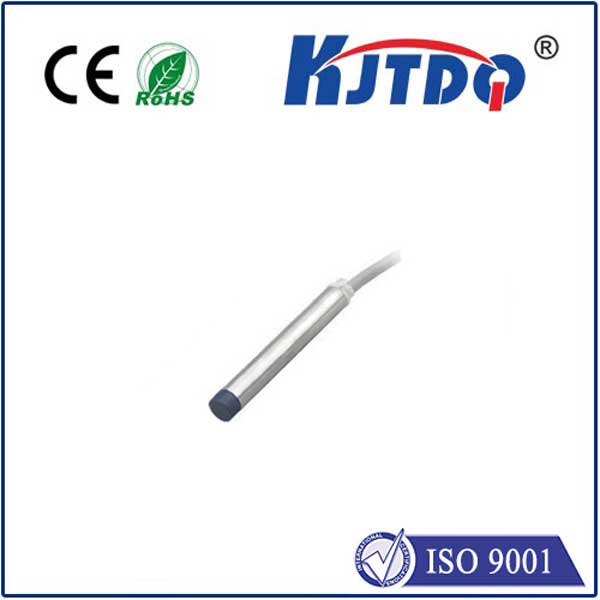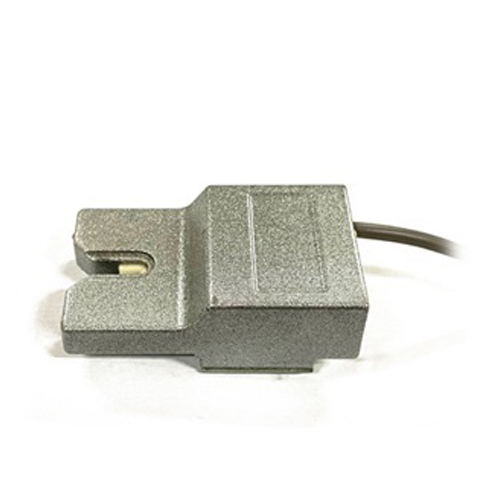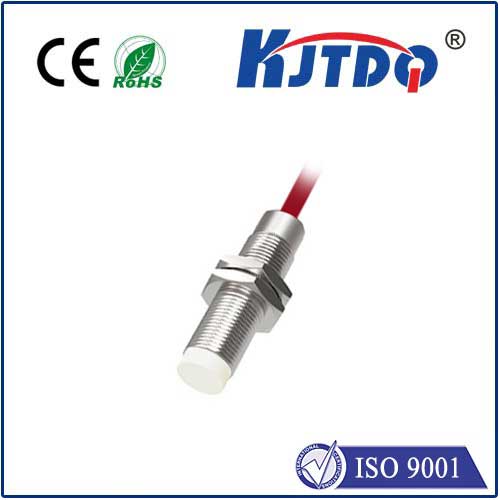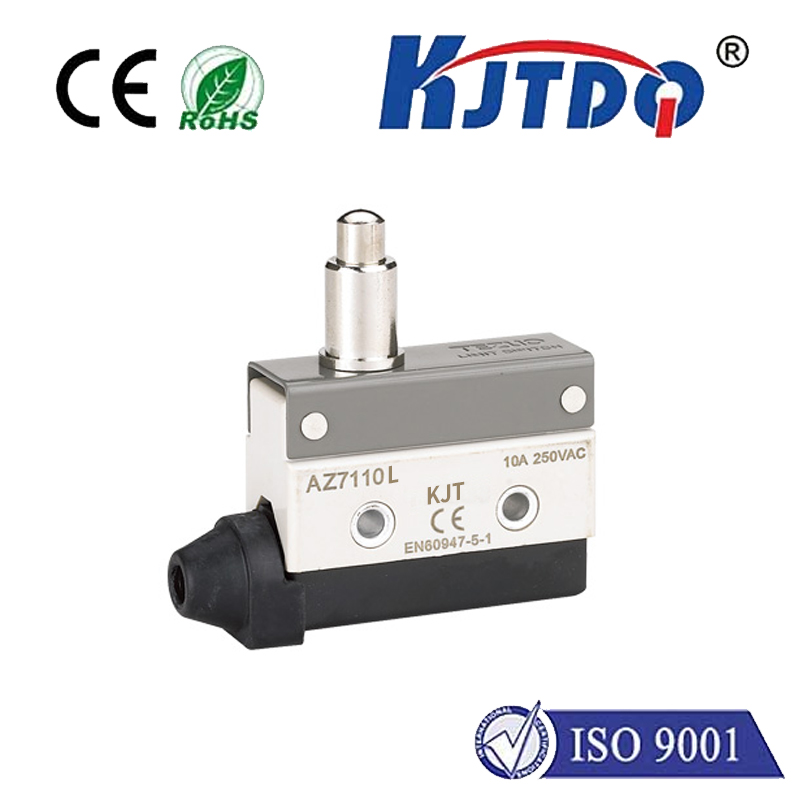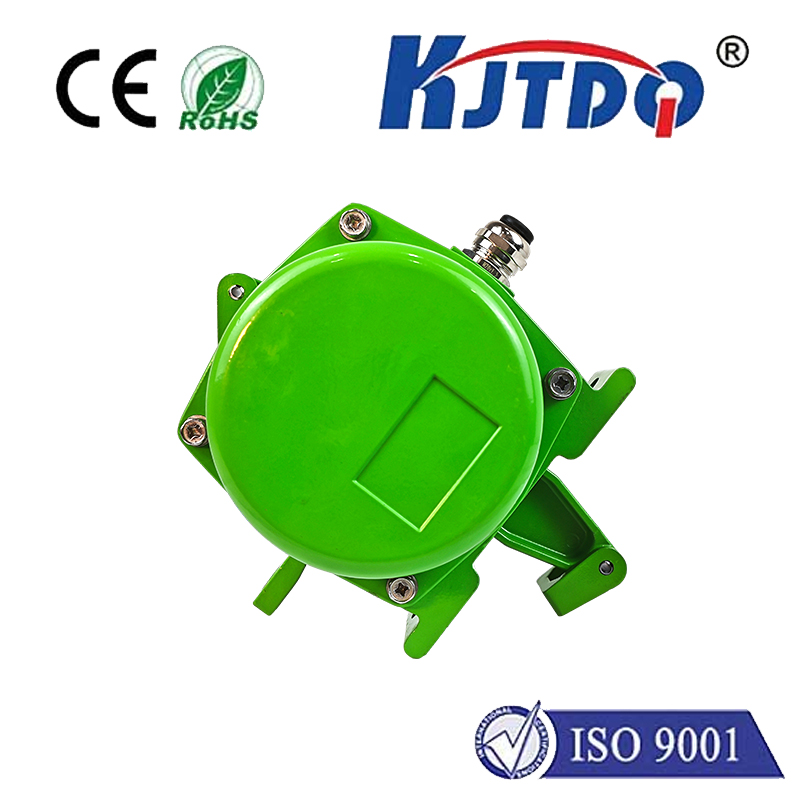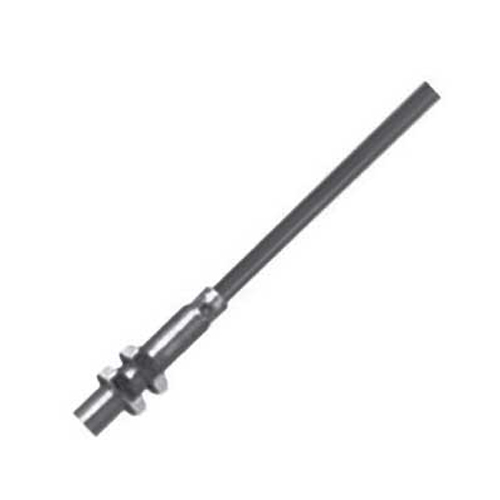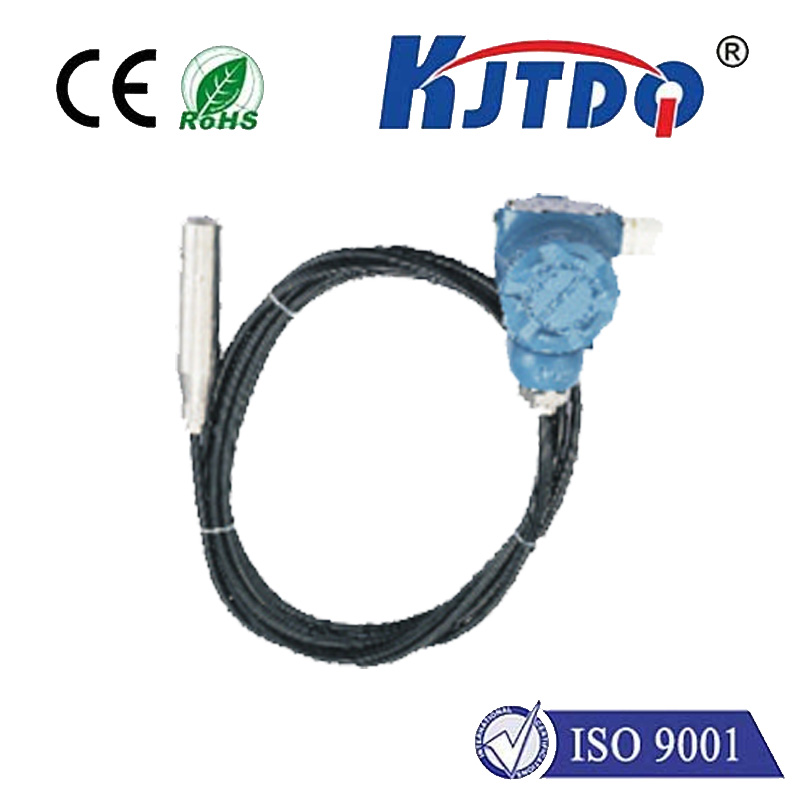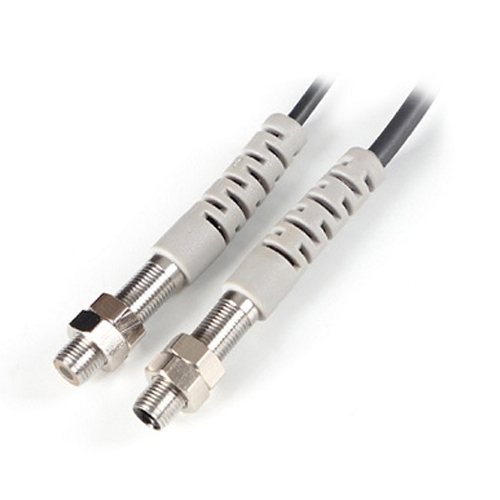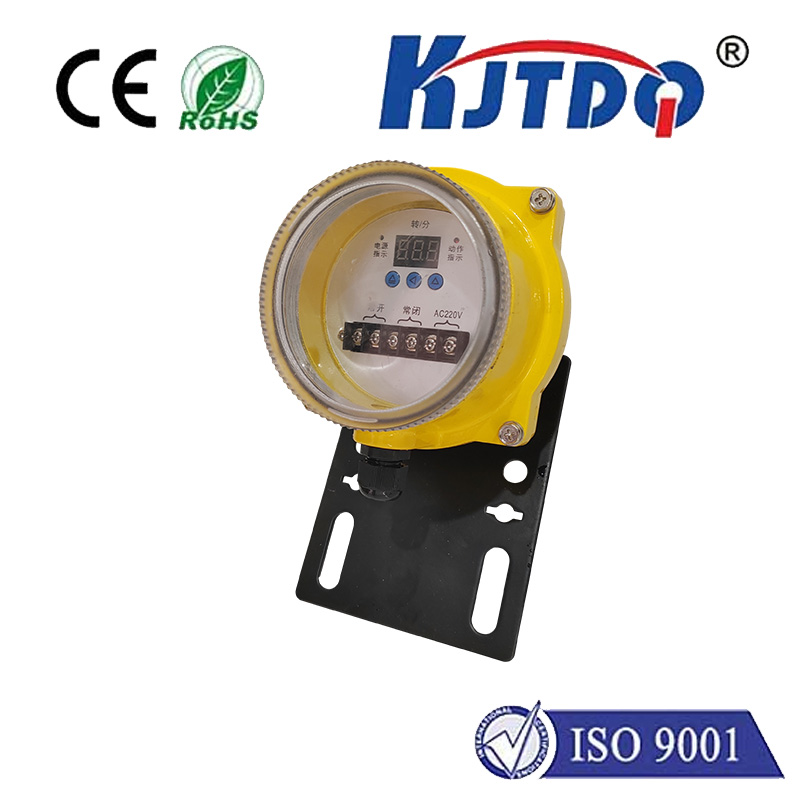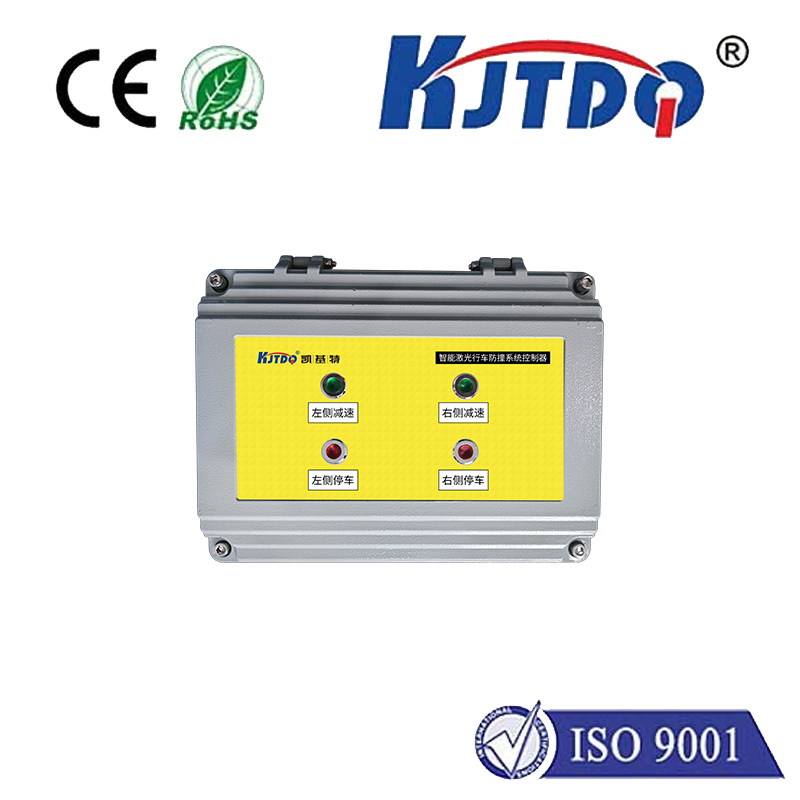
Проверка

Проверка

Проверка

Проверка

Проверка

Проверка
In today's technologically advanced world, the role of limit switches in various industries cannot be overstated. These switches are an essential component of automation systems, helping to control machinery and equipment by detecting their presence or absence at predefined positions. Among the many types of limit switches available, the IP68 limit switch stands out due to its remarkable features and capabilities. In this article, we will delve into the unique aspects of IP68 limit switches, their applications, and why they are becoming increasingly popular.
Firstly, let us understand what an IP68 rating means. The IP rating system is designed to define the degrees of protection provided against dust and water ingress. An IP68 rating indicates that a device is fully protected against dust and can withstand prolonged immersion in water. This makes IP68 limit switches incredibly resilient and suitable for use in harsh environments where exposure to moisture and debris is a concern.
One of the primary benefits of IP68 limit switches is their durability. Manufactured with high-quality materials such as stainless steel or rugged plastics, these switches can endure challenging conditions without compromising performance. Whether it's extreme temperature fluctuations, heavy vibrations, or chemical splashes, IP68 limit switches are built to maintain reliable operation over time.

Another advantage of IP68 limit switches is their versatility in application. They are not confined to traditional industrial settings; rather, they serve well in marine environments, on construction sites, and even in outdoor recreational equipment. From monitoring conveyor belts in a manufacturing facility to controlling gates in hydroelectric dams, the adaptability of IP68 limit switches ensures they meet diverse operational needs.
Furthermore, IP68 limit switches often incorporate innovative technologies like magnetic sensing or proximity detection. These technologies offer non-contact operation, reducing wear and tear on moving parts while enhancing response time and precision. This makes them ideal for applications requiring high levels of accuracy and longevity.
When it comes to installation and maintenance, IP68 limit switches simplify both processes. Their robust design minimizes the need for regular upkeep, and they can easily be integrated into existing systems without complex modifications. Moreover, with their ability to resist environmental factors, cleaning and maintenance become less frequent and more straightforward tasks.
Finally, safety is paramount in industrial settings, and IP68 limit switches contribute significantly to this aspect. By ensuring that machinery operates within safe boundaries, these switches protect operators and equipment from potential harm. Their reliability also means fewer unexpected downtimes, which could potentially lead to hazardous situations if machines were to operate unchecked.
In conclusion, the IP68 limit switch is a testament to the innovation and durability required in modern industrial components. Its capacity to withstand harsh conditions, provide precise performance, and ensure safety makes it an invaluable asset across a wide range of industries. As technology continues to advance, the applications for IP68 limit switches are likely to expand, cementing their status as a crucial part of any sophisticated automation system.
